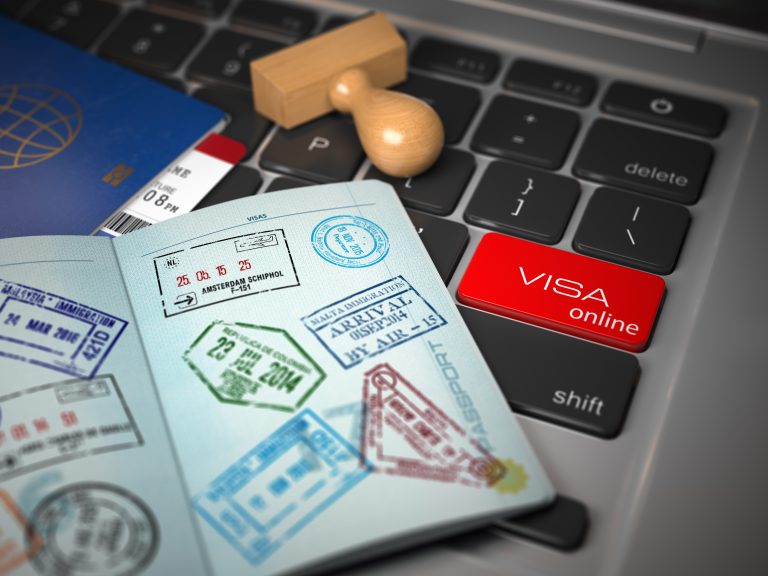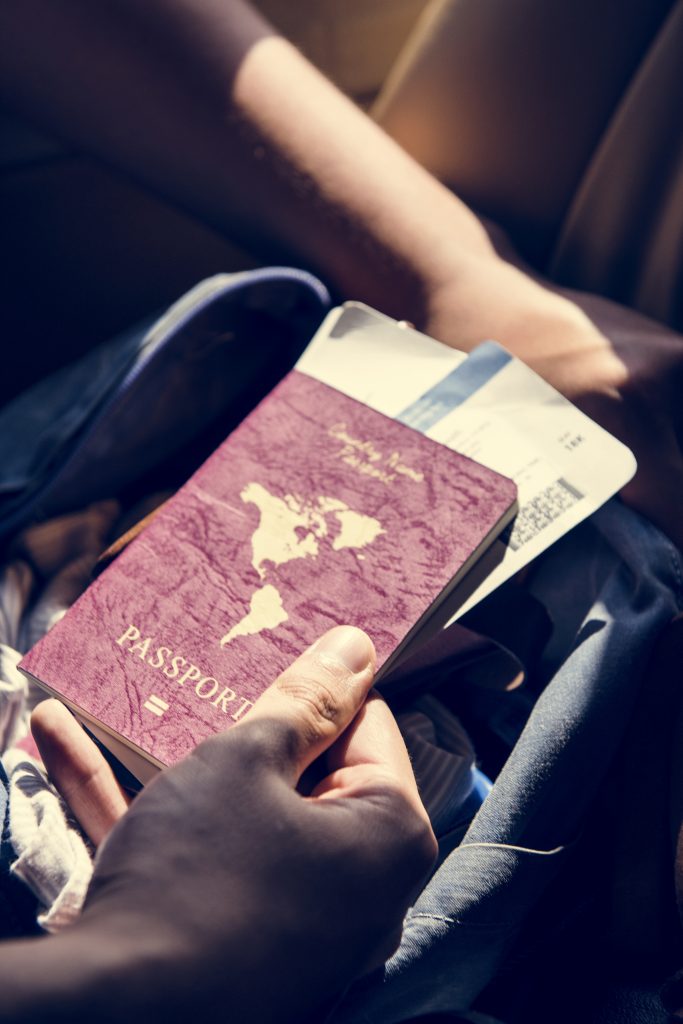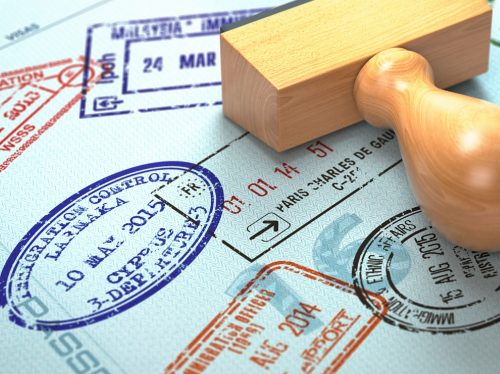Key Things to Remember With Your New Thai Visa
Congratulations! You have successfully received your new Thai Visa. You likely can’t wait to visit beautiful beaches, indulge in fantastic cuisine, and meet the friendly people of Thailand. But before you pack up and head to the airport, there are some critical things you should know about your new Thai visa.

Re-entry Permits
If you’re a holder of a Multiple Entry O-A Visa, you’ll be allowed multiple entries into Thailand. The ENTER BEFORE date specifies before what date you should enter the country to gain one extra year.
However, if you enter the country after the ENTER BEFORE date and plan to leave, then you need to apply for a re-entry permit. Because if you leave Thailand without one, you forfeit your stay once the ADMITTED TO date has lapsed.
You can apply for this re-entry permit 45 days before the expiry of your intended stay as indicated on your O-A Visa.

Holders of long-term visas are required by law to report their Thai residence to immigration authorities every 90 days. Usually, people report to the authorities at least 15 days before their 90th day since their last entry to the country. Visa holders who fail to this will be fined 2,000 Baht (65.34 USD), with no exception.
Reporting can be done by the visa holder, or through an authorized representative in some instances. You can report to any Thai immigration office, or via their online portal. If you report 15 days before your due date, you can also do it via mail. If you’re already seven days past your due reporting date, you can still report without penalty, but you’ll have to do it in person.
If you plan to take up any form of employment while staying in Thailand, you need to apply for a working permit, known as the Non-Immigrant Visa B. This covers most employment work. For individuals who want to set up a business or invest in a Thai company, a Non-Immigrant Visa IB is issued instead.
Once a Non-Immigrant Visa B holder arrives in Thailand, he or she needs to obtain a work permit to be eligible for employment. Usually, you can ask the employer or company for assistance. The work permit indicates the company you work for and your position, and cannot be used for any other employer or position.

Non-Immigrant Visa B is valid for 90 days upon issuance and can be extended further before the period expires.
To apply for a work visa, you usually need to present education and past employment credentials. Proof of your qualifications ensures that you have the skills and capacity to work in your chosen position.

Visa Renewal
Most Thai tourist visas will allow you to remain in the country for 30-days. Work visas, of course, permit you to stay longer. If you want to stay longer than the allotted time, you need to apply for a visa renewal. Be warned that overstaying will cost you 500 Baht (16.33 USD) per day, up to a limit of 20,000 Baht (653.38 USD).
You can apply for renewal and extension at any Thai immigration office, for a fee of 1900 Baht (62.07 USD). Standard 15-30 day tourist visas can be extended by up to an additional 30 days. Sometimes, even the 60-day tourist visas can be extended by the same length. All of these decisions or in the immigration officer’s discretion.
You can also cross any border into neighboring countries like Malaysia or Cambodia. Once you return to Thailand, you’ll be issued a new 15-30 day visa exemption. However, be careful not to abuse this privilege, as approval will still depend on the immigration officer at the border.

